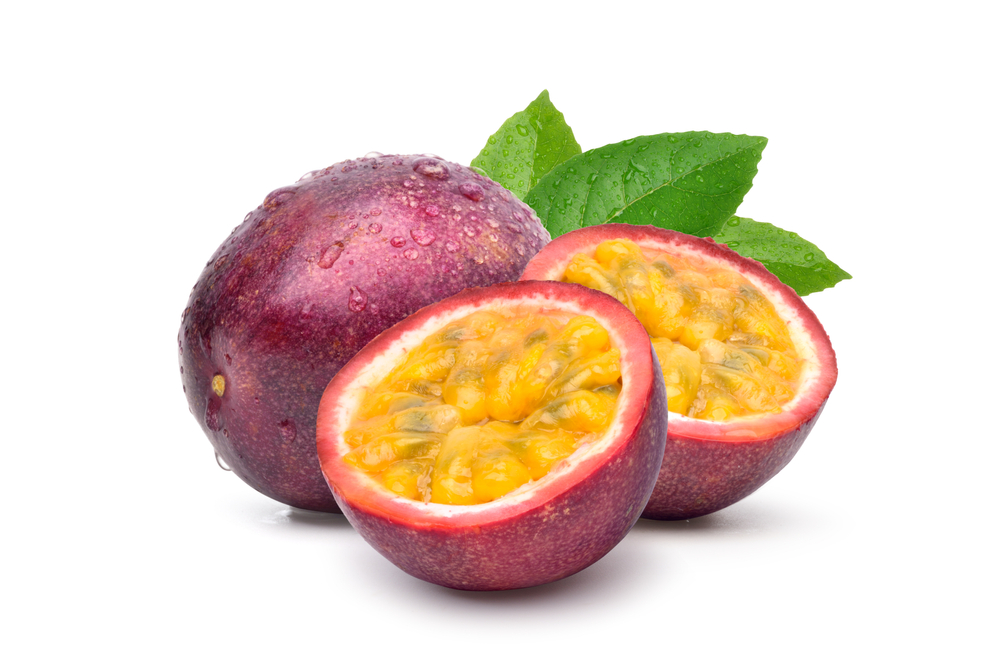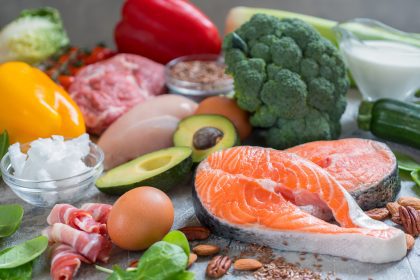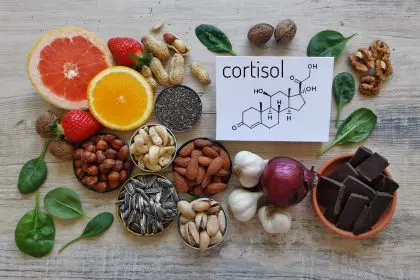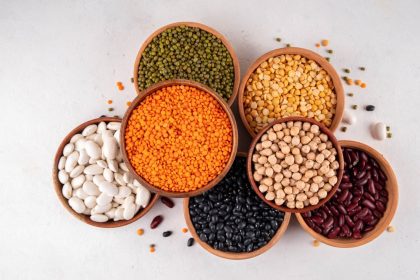The foundation of muscle growth and repair lies in adequate protein consumption, with active individuals requiring between 0.54 and 0.9 grams of protein per pound of body weight daily. While many focus on traditional protein sources such as meat and legumes, nature offers surprising alternatives through protein-rich fruits that can contribute significantly to daily nutritional goals while providing additional health benefits.
Nature’s protein powerhouses
Among fruits, guava emerges as a remarkable protein source, delivering 4.21 grams per cup alongside an impressive array of nutrients. This tropical fruit surpasses many others in its protein content while providing essential vitamin C and fiber that support immune function and digestive health. The versatile avocado follows closely, offering 4.01 grams of protein per fruit, complemented by heart-healthy monounsaturated fats and fiber that promote satiety and sustainable energy levels.
Jackfruit has gained prominence not only for its 2.84 grams of protein per cup but also for its meat-like texture when unripe, making it a favorite among plant-based eaters. The fruit provides substantial amounts of B vitamins, magnesium and potassium, supporting overall metabolic health. Passion fruit, though smaller in size, packs a concentrated 2.2 grams of protein per 100 grams, along with powerful antioxidants that combat cellular damage.
Berries and stone fruits
Blackberries stand out in the berry family with two grams of protein per cup, while delivering an impressive array of antioxidants that support brain health and reduce inflammation. Their rich purple hue indicates high levels of anthocyanins, compounds known for their anti-aging properties. Apricots contribute 2.31 grams of protein per cup and contain beta-carotene, supporting eye health and immune function.
Seeds and exotic varieties
Pomegranate seeds deserve special attention, providing 2.9 grams of protein per cup while offering potent anti-inflammatory compounds that support heart health and athletic recovery. Kiwifruit delivers nearly two grams of protein per cup alongside an exceptional vitamin C content that surpasses that of oranges. Cherries round out the selection with 1.63 grams of protein per cup, plus natural compounds that may enhance sleep quality and reduce muscle soreness after exercise.
Innovative preparation methods
Creating protein-rich meals with these fruits requires thoughtful preparation and creative combinations. Morning smoothie bowls can incorporate multiple protein-rich fruits topped with Greek yogurt and seeds for a complete protein profile. Afternoon snack plates featuring dried apricots, fresh berries and nuts provide sustained energy while meeting protein needs. Dinner preparations might include jackfruit tacos or avocado-based sauces that enhance both protein content and flavor complexity.
Strategic meal planning helps maximize the protein potential of these fruits. Beginning the day with a protein-rich breakfast smoothie containing guava, kiwi and protein powder sets a strong foundation. Mid-morning and afternoon snacks can feature portable options like dried apricots paired with almonds or a pomegranate-enhanced yogurt parfait. Lunch and dinner preparations benefit from incorporating avocados into salads or using jackfruit in savory dishes.
Seasonal considerations
Understanding seasonal availability helps in planning year-round protein intake from fruits. While some options like avocados and guavas are available year-round, others like cherries and apricots have shorter seasons. Preparing and freezing fruits during peak season ensures continued access to their protein benefits. Additionally, certain preservation methods like freeze-drying can maintain nutrient content while extending shelf life.
The protein content of these fruits becomes more significant when combined with complementary nutrients. For instance, pairing vitamin C-rich guava with iron-rich foods enhances iron absorption. The healthy fats in avocados improve the absorption of fat-soluble vitamins from other foods. Understanding these synergistic relationships helps maximize nutritional benefits beyond protein content.
Future of fruit protein
Emerging research continues to uncover new benefits of protein-rich fruits, including their role in supporting gut health through fiber content and their impact on metabolic health. Agricultural developments are also focusing on enhancing the protein content of fruits through selective breeding, potentially offering even more protein-rich options in the future.
This comprehensive approach to incorporating protein-rich fruits into daily nutrition represents a significant advancement in understanding plant-based protein sources. By thoughtfully including these fruits in meals and snacks, individuals can enhance their protein intake while enjoying diverse flavors and receiving additional health benefits from these natural sources.














